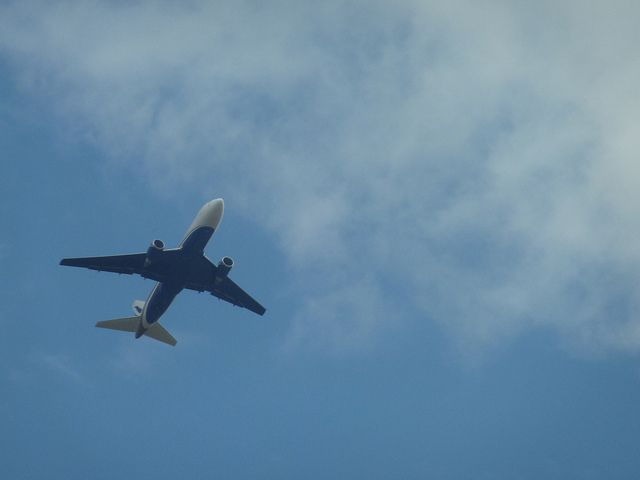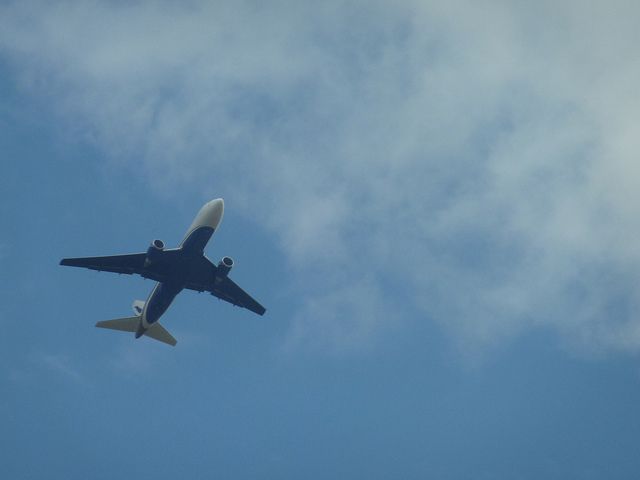EU’s carbon emission scheme could halt global climate talks
India’s Environment Minister, Jayanthi Natarajan, has this week called the EU law that charges airlines for its carbon emissions as a potential ‘deal-breaker’ for global climate change negotiations.


India’s Environment Minister, Jayanthi Natarajan, has this week called the EU law that charges airlines for its carbon emissions as a potential ‘deal-breaker’ for global climate change negotiations.
The ETS, effective as of January 1st this year, levies a charge on flights to and from the 27 EU member states based on the estimated emitted levels of carbon.
“For the environment ministry, for me it is a deal-breaker because you simply cannot bring this into climate change discourse and disguise unilateral trade measures under climate change,” said Natarajan.
“I strongly believe that as far as climate change discussions are concerned, this is unacceptable.”
The scheme has been met with strong opposition from non-EU governments, especially the US, China and India.
US airlines have grudgingly accepted to comply with the initiative, while China has blocked its own carriers from signing up to the ETS unless given prior permission and India has boycott the system altogether.
The three nations argue that the EU legislation exceeds its legal jurisdiction as the calculated carbon cost covers the whole flight and not just within European airspace.
.jpg) The US believes that the tax must be dealt with by the international aviation body (the International Civil Aviation Organisation), rather than by individual countries or blocks.
The US believes that the tax must be dealt with by the international aviation body (the International Civil Aviation Organisation), rather than by individual countries or blocks.
Failing to comply with the law will result with airlines being fined €97 for each metric tonne of carbon, with the EU reserving the right to ban consistent offenders. However, this figure is considerably low when compared to the €2 per passenger that could be fed into fares on a flight from Beijing to Frankfurt for example.
Following a decade of unsuccessful discussions with the United Nations' ICAO the European Commission claimed that it had no choice but to make all airlines responsible for their carbon emissions.
Those opposing the law maintain that it is a tax, while the European Commission stands by its view that the ETS was a mechanism based on supply and demand.
However, in December last year, the European Court of Justice ruled in favor of the legislation stating that the EU law to tax airline emissions was legal.
At the UN’s annual climate change talks in Durban, South Africa, last year, India was also one of the more vocal countries in opposition of a global treaty that included for the first time all of the world’s largest carbon emitters.
Image 01: Sean MacEntee | Flickr
Image 02: Puddy_UK | Flickr
Image 03: mac_ivan | Flickr




